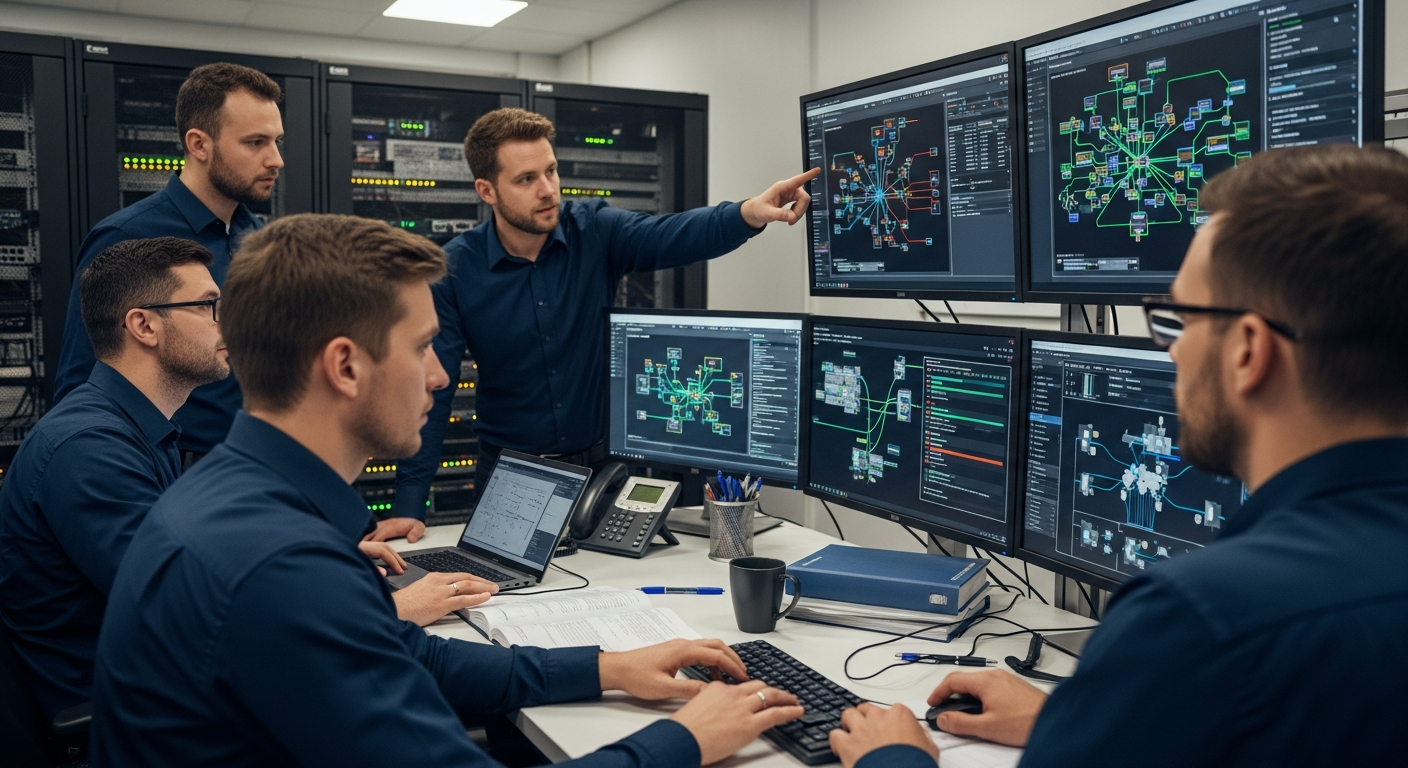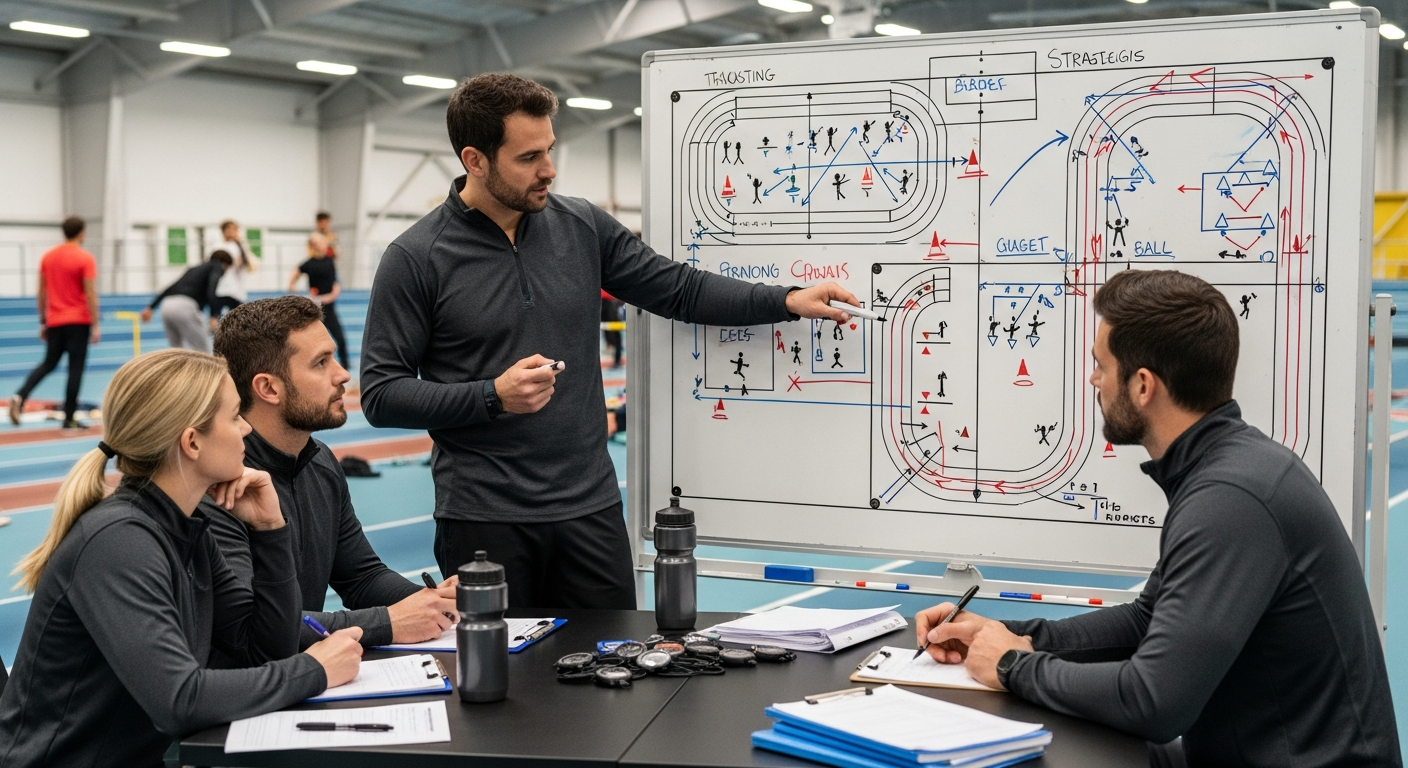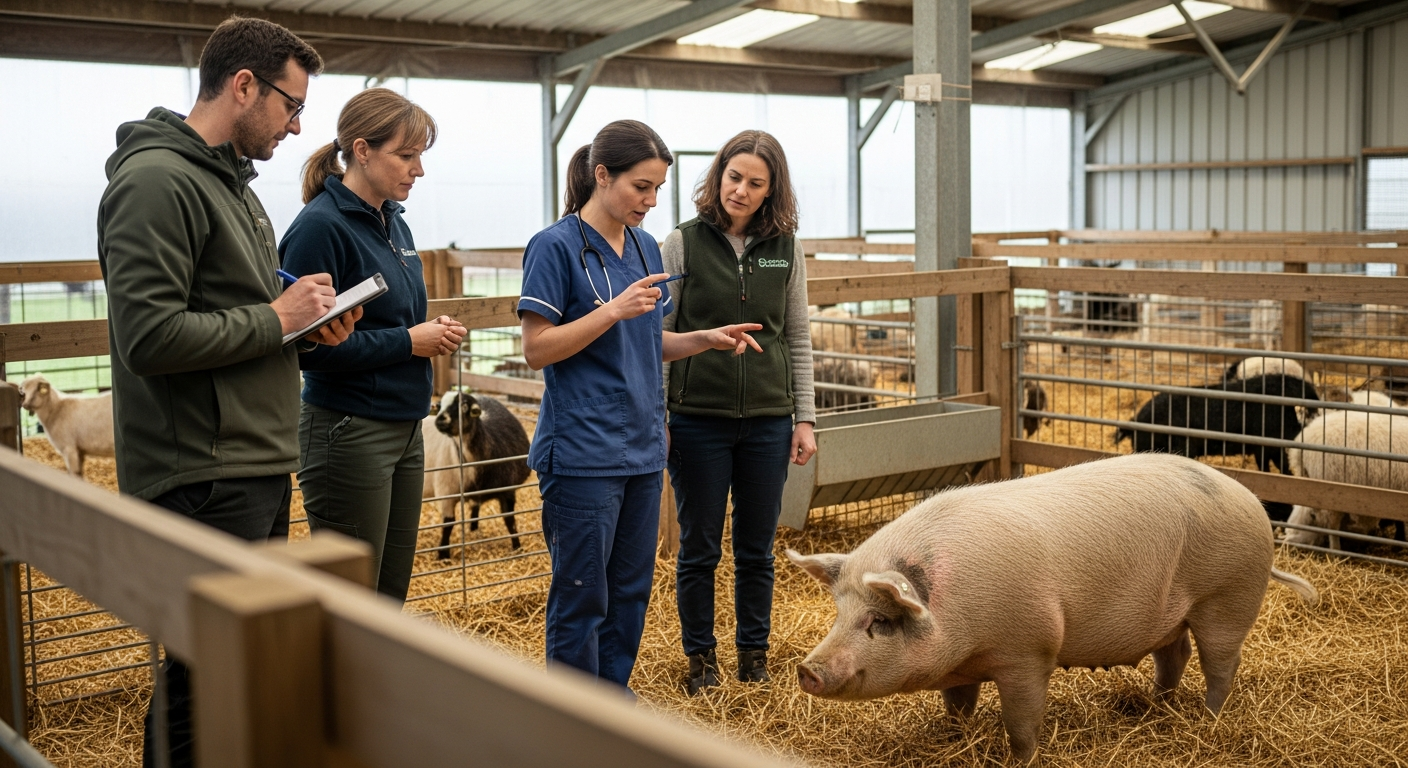Mindfulness as a Career Development Tool: Enhancing Professional Growth Through Present-Moment Awareness
In the fast-paced world of modern careers, a surprising ally has emerged to support professional development: mindfulness. This ancient practice, rooted in meditation and self-awareness, is gaining traction as a powerful tool for career advancement and personal growth in the workplace. As professionals seek new ways to navigate the complexities of their roles and stand out in competitive job markets, mindfulness offers a unique approach to enhancing performance, decision-making, and overall career satisfaction.

The Foundations of Mindfulness in the Workplace
Mindfulness, at its core, is the practice of maintaining a moment-by-moment awareness of our thoughts, feelings, bodily sensations, and surrounding environment. In a professional context, this translates to a heightened state of awareness and intentionality in our work-related activities and interactions. The concept of bringing mindfulness into the workplace is not entirely new, but its recognition as a legitimate career development tool has gained significant momentum in recent years.
Research has shown that regular mindfulness practice can lead to structural changes in the brain, particularly in areas associated with attention, emotion regulation, and decision-making. These neurological benefits have direct implications for career development, as they enhance the very cognitive and emotional skills that are crucial for professional success.
Enhancing Focus and Productivity
One of the most immediate benefits of incorporating mindfulness into career development is the improvement in focus and productivity. In an era of constant distractions and information overload, the ability to maintain sustained attention on tasks is becoming increasingly rare and valuable.
Mindfulness techniques, such as focused breathing exercises or brief meditation sessions, can train the mind to return to the present moment when it wanders. This skill translates directly to the workplace, allowing professionals to tackle complex projects with greater concentration and efficiency. Studies have shown that employees who practice mindfulness report higher levels of task completion and reduced procrastination.
Cultivating Emotional Intelligence
Emotional intelligence (EI) has been identified as a key factor in career success, often outweighing technical skills in importance, especially for leadership roles. Mindfulness practices are particularly effective in developing the components of EI, including self-awareness, self-regulation, empathy, and social skills.
By regularly tuning into their own emotional states and those of others, professionals can improve their interpersonal relationships, communication skills, and ability to navigate workplace dynamics. This enhanced emotional awareness can lead to better collaboration, more effective leadership, and increased job satisfaction.
Fostering Creativity and Innovation
In many industries, the ability to think creatively and generate innovative solutions is highly prized. Mindfulness can play a crucial role in unlocking creative potential by helping individuals break free from habitual thinking patterns and approach problems with a fresh perspective.
The practice of mindfulness encourages non-judgmental observation of thoughts, which can lead to more open-minded and flexible thinking. This mental state is conducive to creativity, allowing professionals to generate novel ideas and solutions. Companies that have implemented mindfulness programs have reported increases in employee creativity and innovation output.
Managing Stress and Building Resilience
Career development is not just about acquiring new skills or climbing the corporate ladder; it also involves managing the stress and challenges that come with professional growth. Mindfulness has been shown to be an effective tool for stress reduction and resilience building.
Regular mindfulness practice can lower cortisol levels, reduce anxiety, and improve overall well-being. For professionals, this translates to better stress management, increased adaptability in the face of change, and improved work-life balance. As careers become increasingly unpredictable and demanding, the ability to maintain composure and bounce back from setbacks is invaluable.
Implementing Mindfulness in Career Development Programs
As the benefits of mindfulness in professional settings become more widely recognized, organizations are beginning to incorporate mindfulness training into their career development programs. This implementation can take various forms, from offering meditation spaces and mindfulness workshops to integrating mindfulness principles into leadership training and performance reviews.
Human resources professionals and career coaches are also increasingly recommending mindfulness practices to individuals seeking career advancement or transitioning between roles. The versatility of mindfulness makes it applicable across industries and job functions, from entry-level positions to executive leadership.
Challenges and Considerations
While the potential benefits of mindfulness for career development are significant, there are challenges to its widespread adoption. Skepticism about the practicality of mindfulness in fast-paced business environments remains a barrier in some organizations. Additionally, there is a need for qualified instructors and well-designed programs to ensure that mindfulness training is delivered effectively and ethically in professional settings.
It’s also important to recognize that mindfulness is not a panacea for all career-related challenges. It should be viewed as one component of a comprehensive career development strategy, complementing traditional skills training and professional development activities.
The Future of Mindfulness in Career Development
As research continues to validate the benefits of mindfulness in professional contexts, its role in career development is likely to expand. We may see the emergence of mindfulness-based career coaching, tailored mindfulness programs for specific industries or job roles, and the integration of mindfulness metrics into performance evaluations.
The growing interest in mindfulness as a career development tool reflects a broader shift towards holistic approaches to professional growth. As the nature of work continues to evolve, the ability to cultivate present-moment awareness and emotional regulation may become as important as traditional career skills.
In conclusion, mindfulness offers a powerful and versatile tool for career development in the modern workplace. By enhancing focus, emotional intelligence, creativity, and resilience, mindfulness practices can contribute significantly to professional growth and success. As more individuals and organizations recognize its potential, mindfulness is poised to become an integral part of career development strategies in the years to come.






